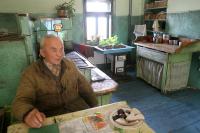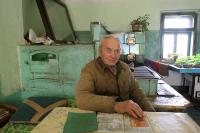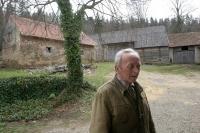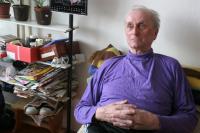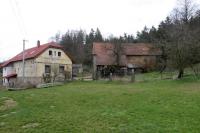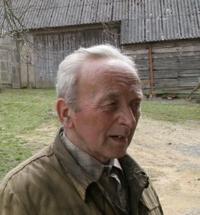When I got back from the army, my brother told me we were hiding Václav Jakeš.
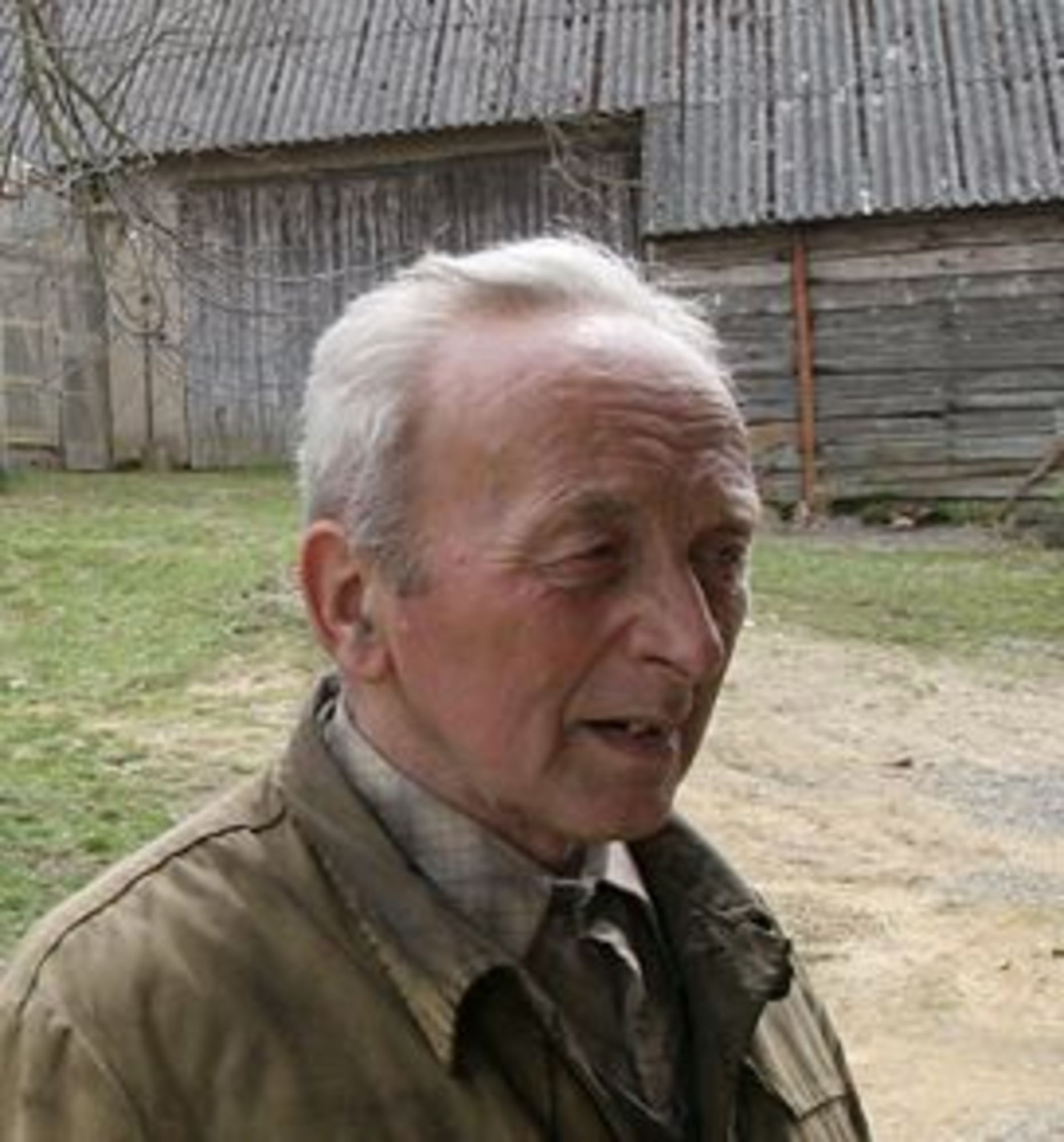
Download image
Jan Pecka was born in 1927 in the hamlet of Zadní Chlum near Milevsko into a traditional farmer family. The Peckas have tended to the land on their estate for centuries. Jan Pecka completed elementary school in the nearby village of Lašovice, where he also went to church. He was greatly influenced by the parish priest Father Hejl, who had been through both Nazi and Communist imprisonment. In 1949 Jan Pecka was drafted into compulsory military service in Domažlice. On returning home in the autumn of 1951 he was told that Václav Jakeš was hiding out in their barn, a fugitive hunted by State Security in connection with resistance activity in the Sedlačany and Milevsko area. Václav Jakeš had been brought in by a friend of the Peckas, Kořánek. Although the family did not know the youngster from the nearby Branišovice, they decided to provide him with food and shelter for some time. However they did not think he would stay as long as he did - nearly 16 years. When Jan Pecka’s father died in 1953, his sons and widow took over the responsibility for managing the farm and family matters. Thanks to their selflessness, Václav Jakeš weathered out the worst of the communist repressions, and turned himself in to the police in 1966. Jan Pecka tended to the family estate in Zadní Chlum. He passed away on January, the 16th, 2024.
